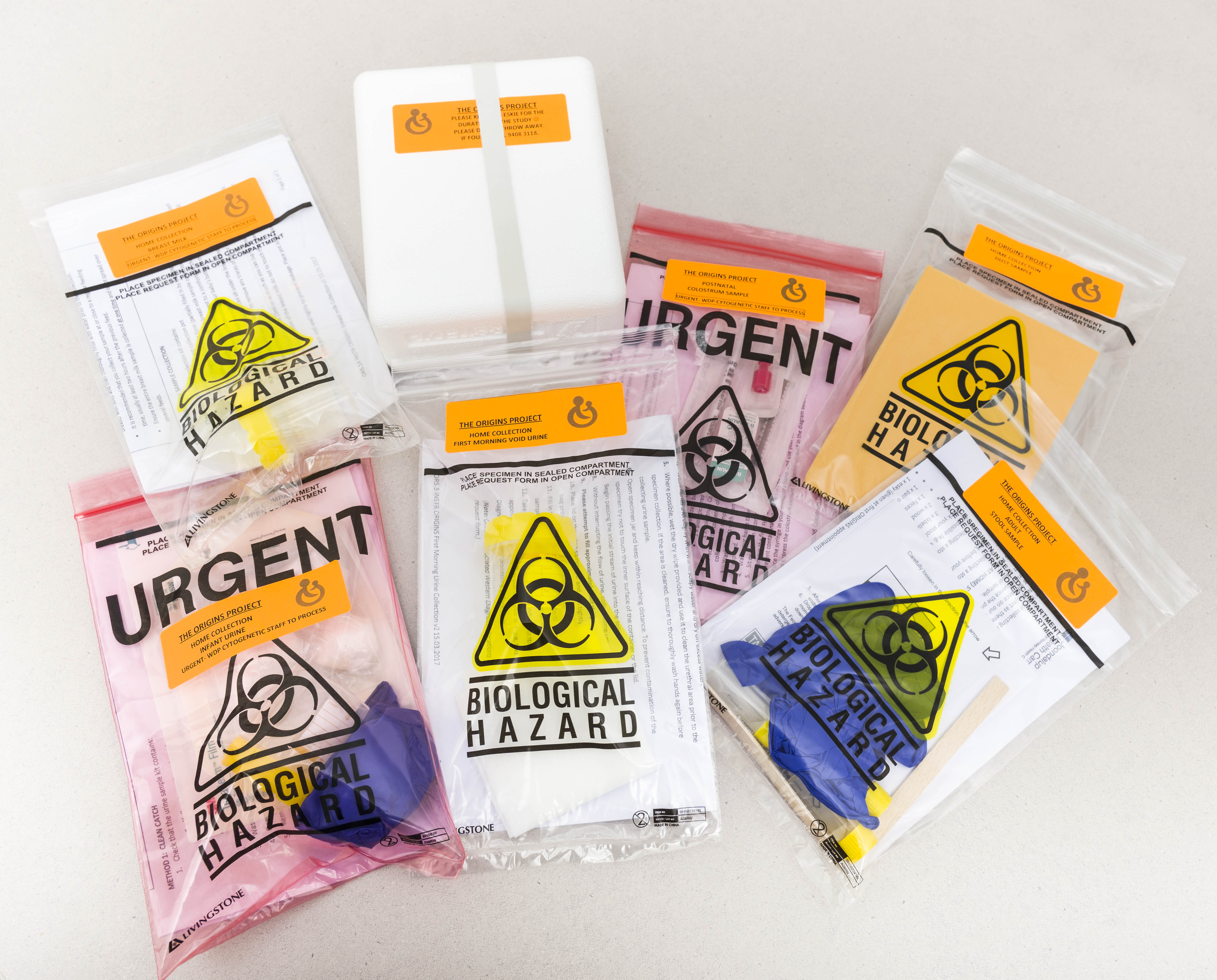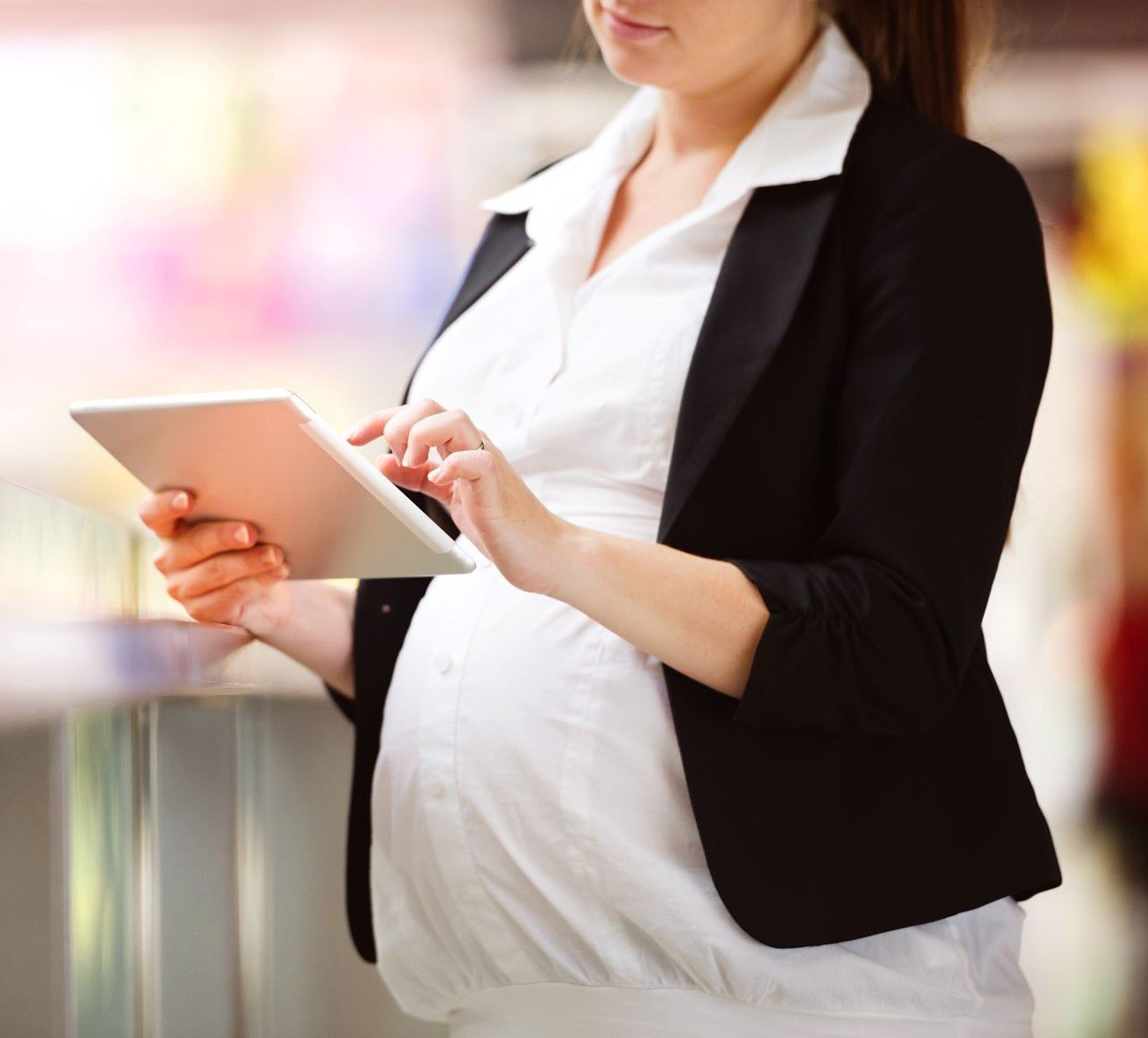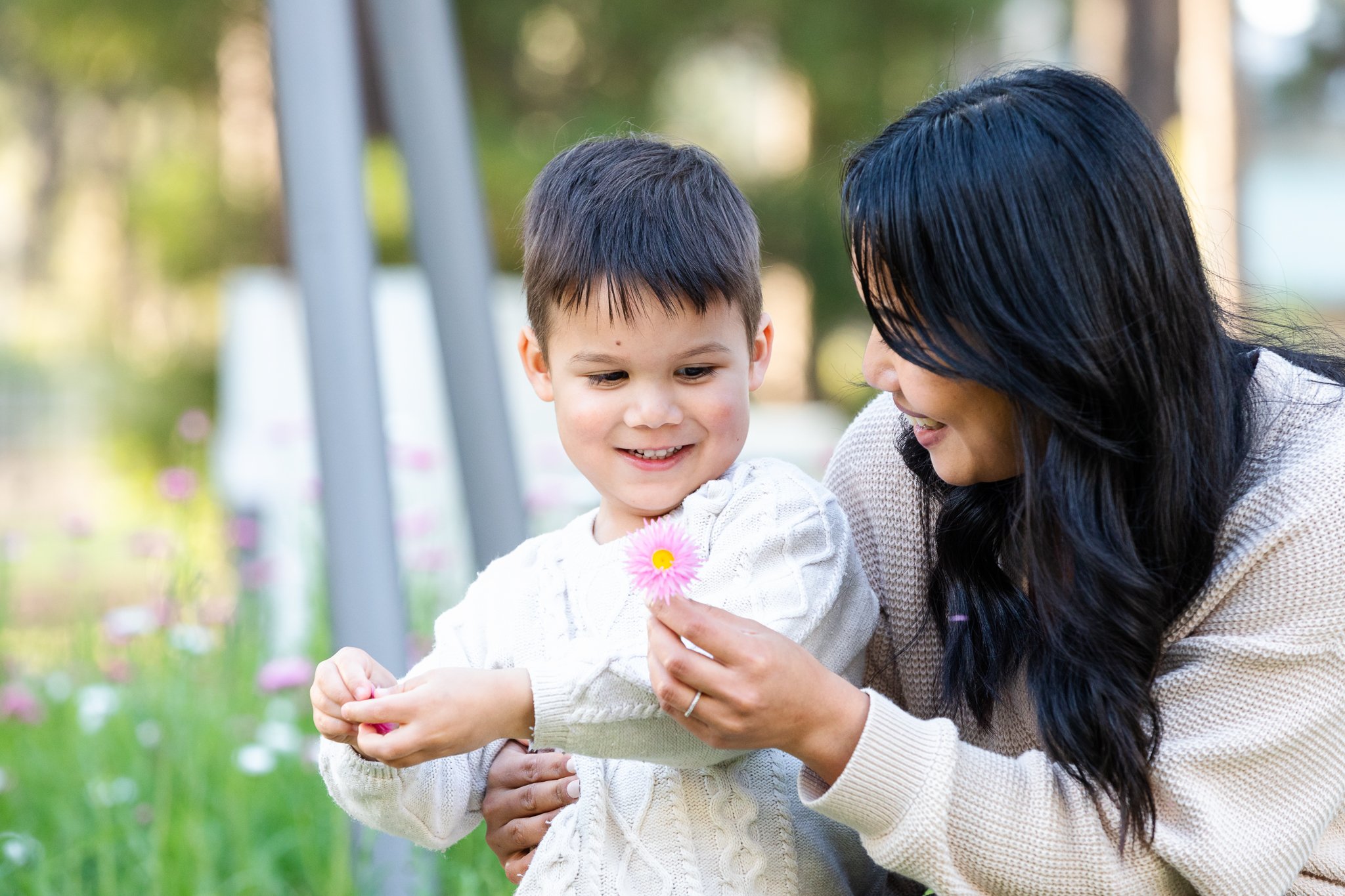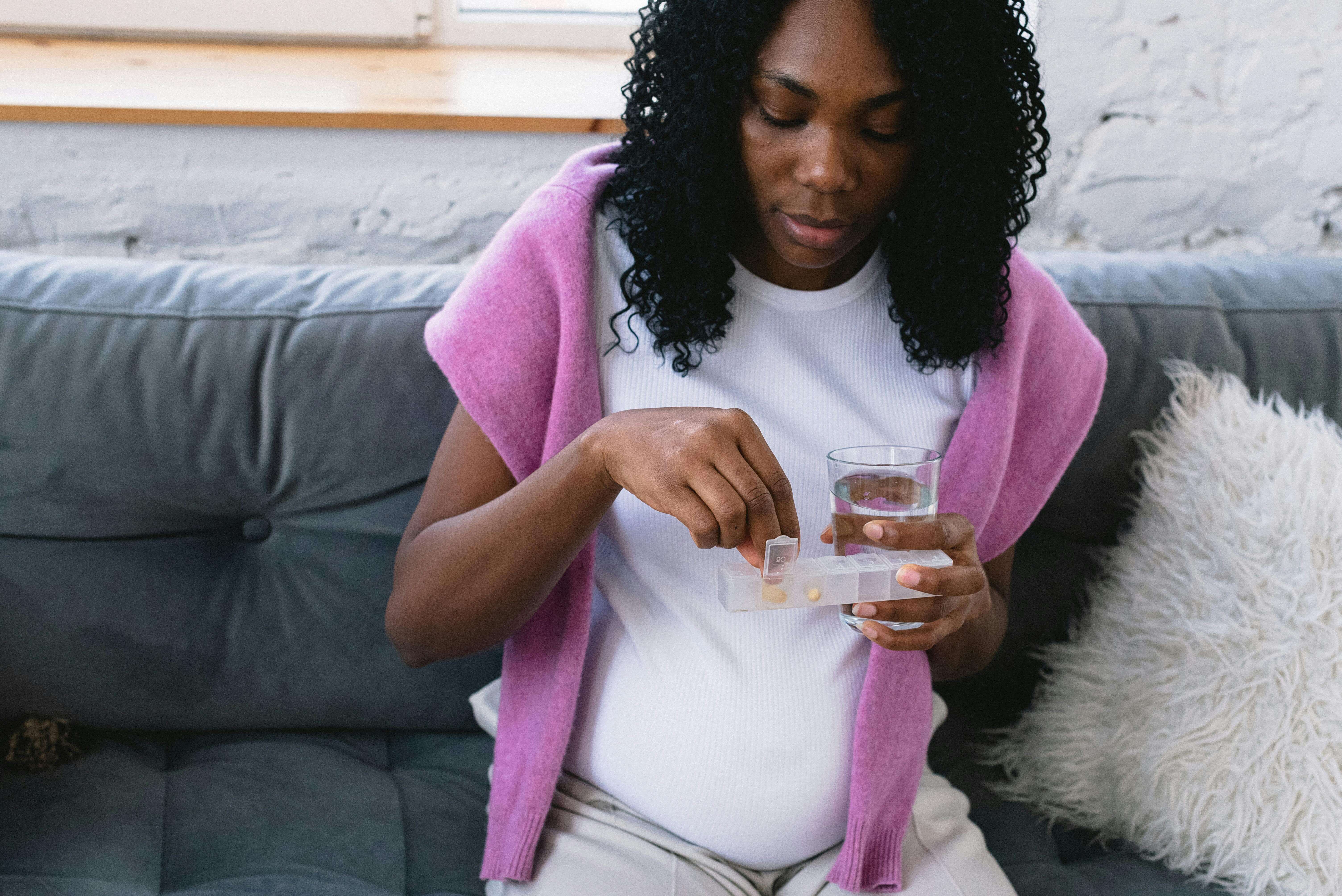Search
Accessing the ORIGINS cohort, database or biological samples involves a process of review and approval.

The ORIGINS Biobank is collecting biological samples from participant families at 10 timepoints between the time of pregnancy and the child turning five years of age.

ORIGINS is collecting physiological, biological and clinical data from the mother, partner/father and child at numerous points to track development and change.

Information for the 10,000 families participating in ORIGINS. Recruitment has now closed.
Get in Touch Dropping off a sample or attending a Kids Check appointment? Visit us at our Edgewater clinic. The Kids Joondalup Shop 51, Joondalup
Get in Touch Dropping off a sample or attending a Kids Check appointment? Visit us at our Edgewater clinic. The Kids Joondalup Shop 51, Joondalup
Information about withdrawing from the study

With 22% of Australian children entering school developmentally vulnerable, The Flourishing Child study is developing a tool to connect parents and carers with support so they can best support their child's flourishing.

This project aims to examine whether maternal probiotic supplementation promotes an enhanced immunomodulatory breastmilk composition likely to promote infant oral tolerance, and reduce food allergy in breastfed children.

One in three children in WA suffer iron deficiency leading to poor sleep, fussy eating, and behavioural difficulties. This project aims to develop mechanisms to prevent and treat the problems before they become clinically significant and translate findings to other communities to improve childhood wellness.
